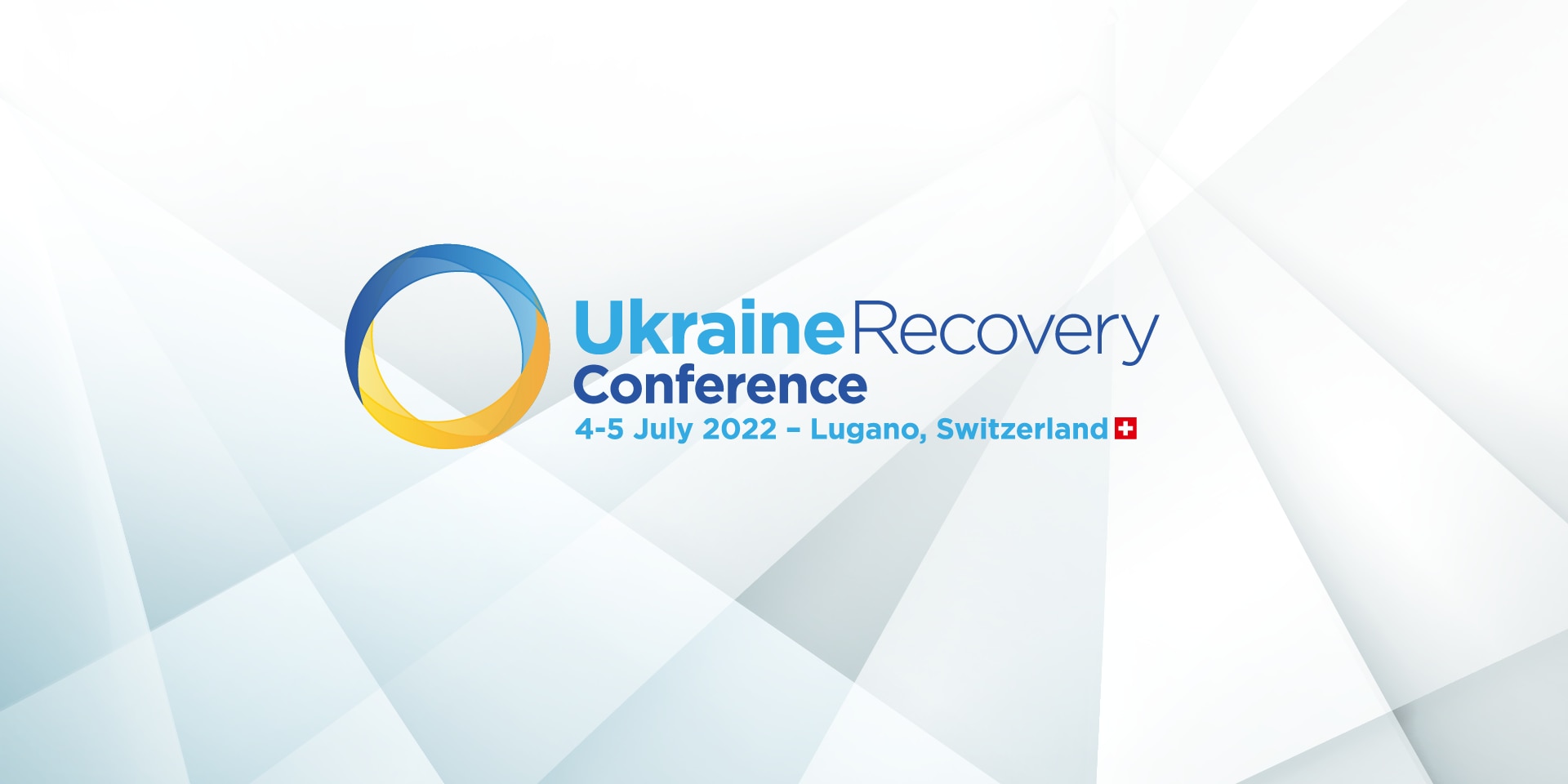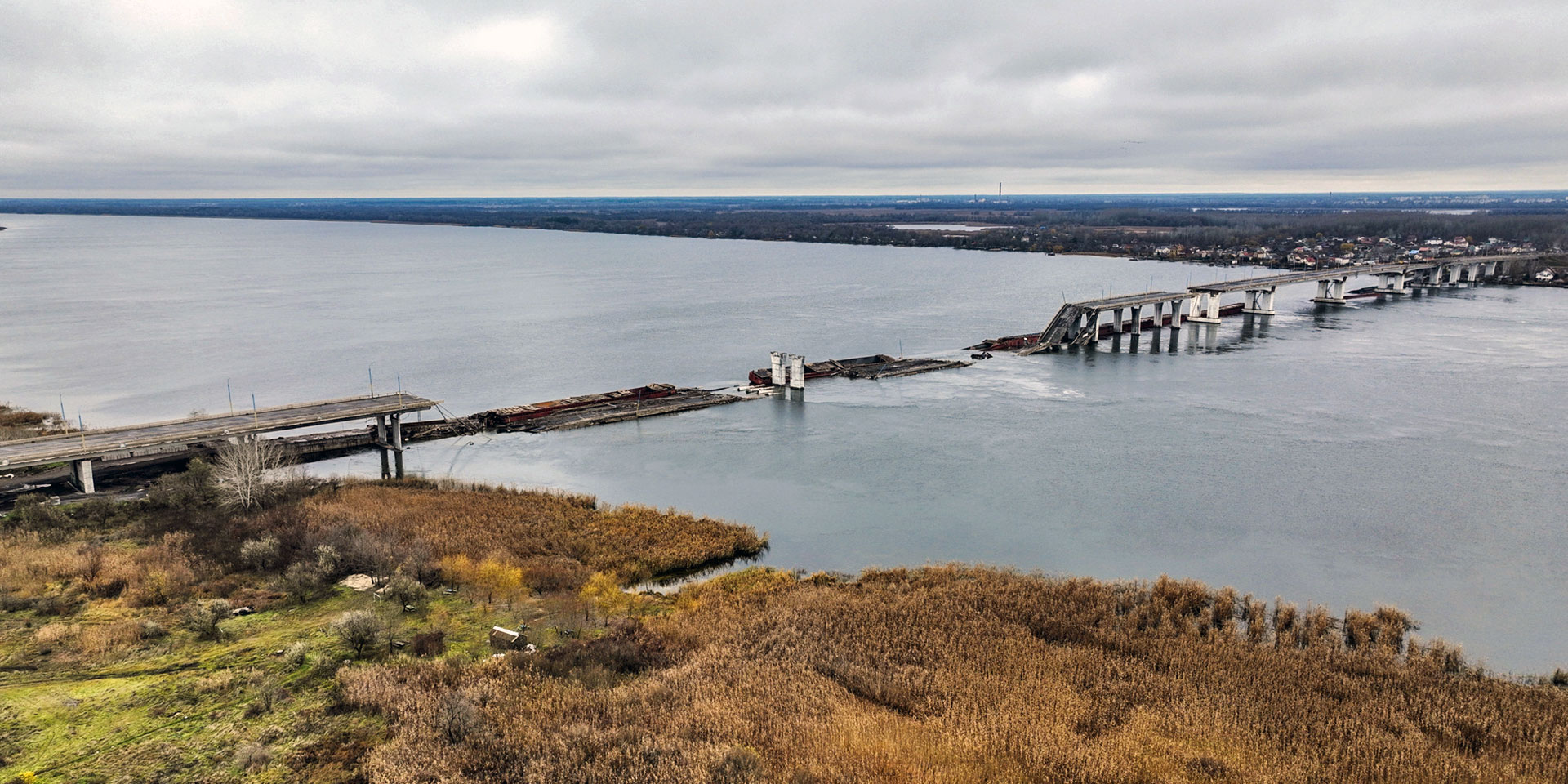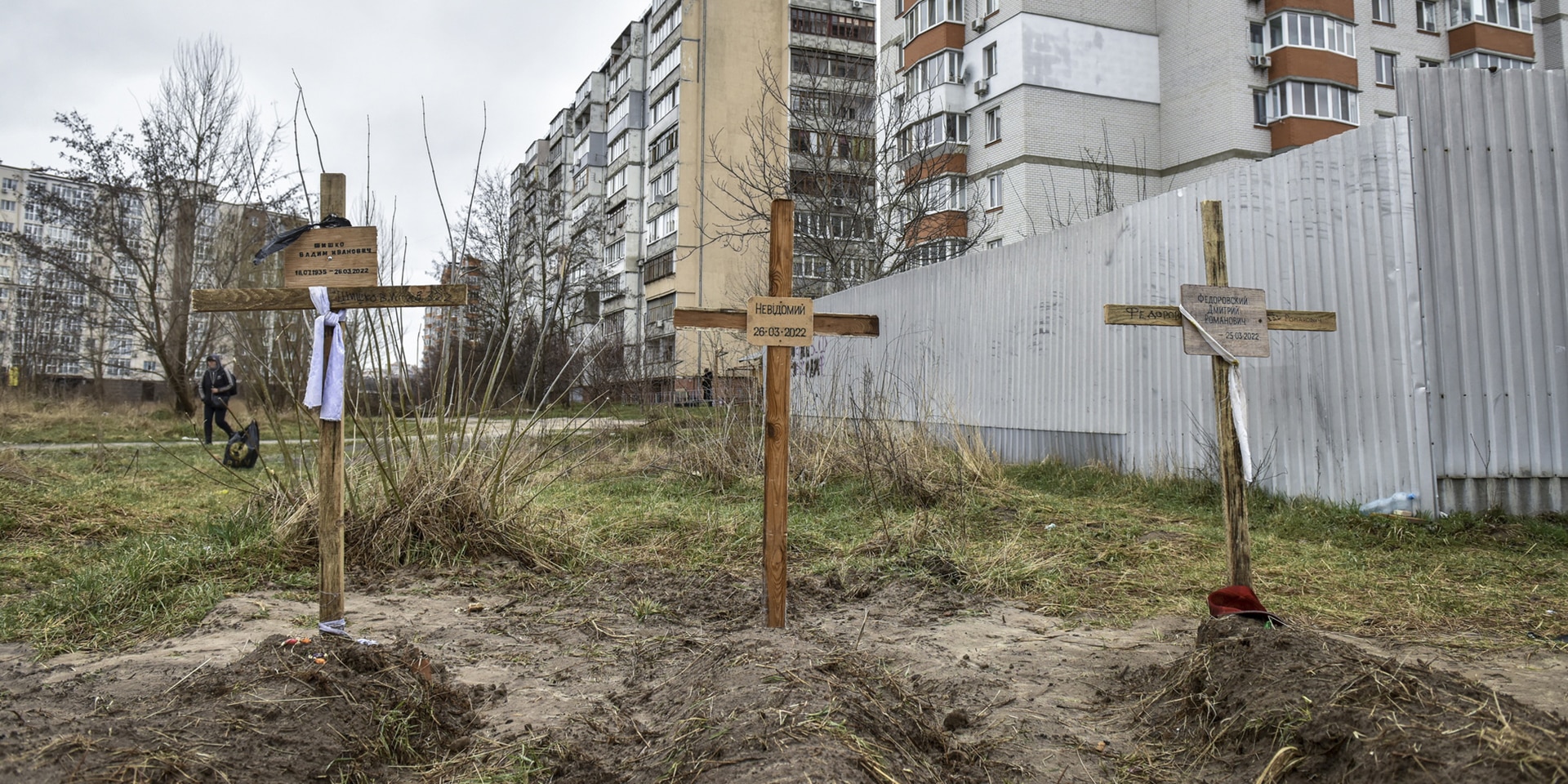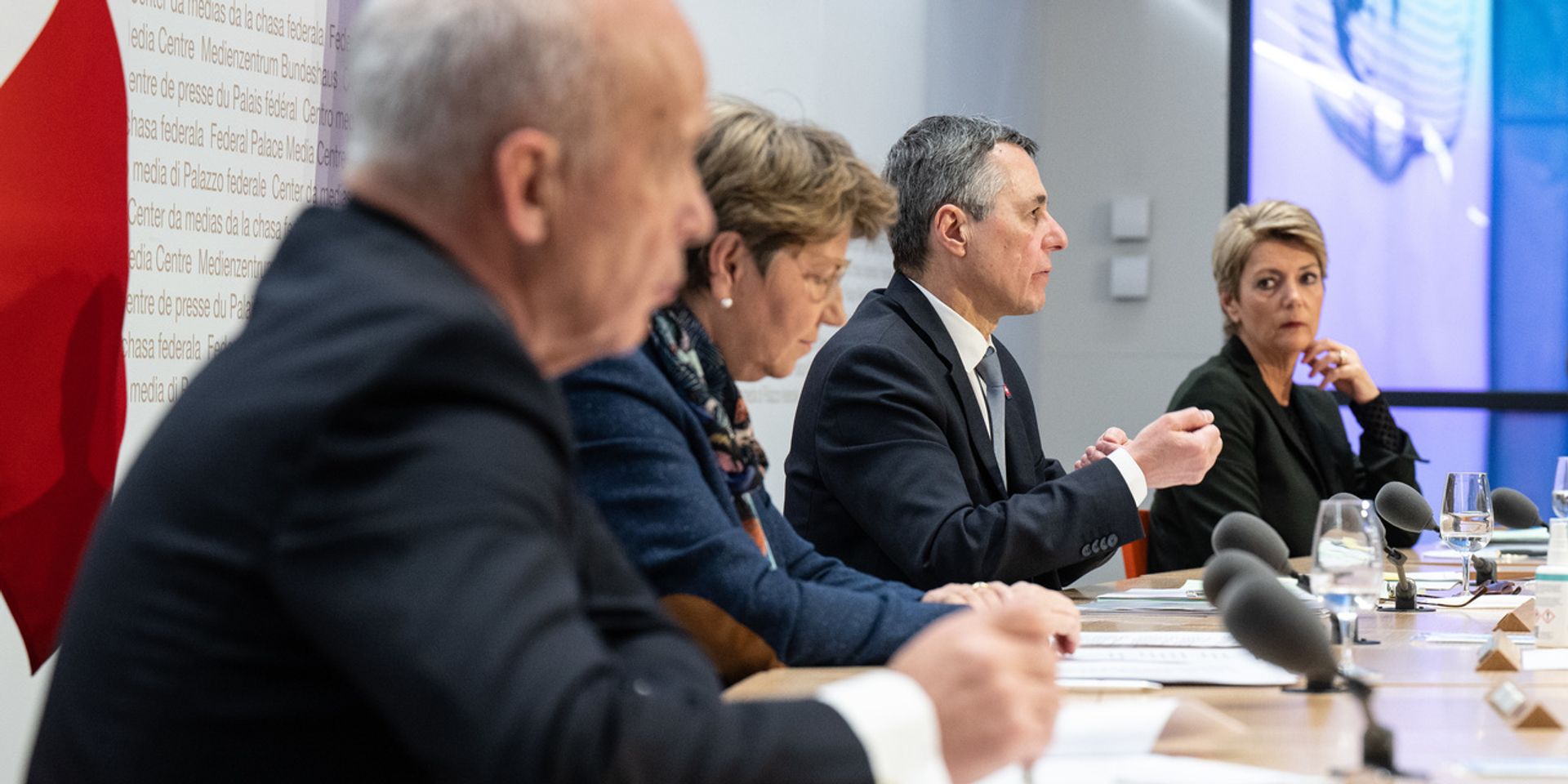Discussion on reconstruction provides prospects for Ukraine in time of war
Switzerland and Ukraine intend to use the Ukraine Recovery Conference in Lugano on 4 and 5 July as a springboard for a broad-based political and diplomatic process that sets out a path to reconstruction for Ukraine. Around 40 states and 20 international organisations have been invited to the conference.

The logo of the Ukraine Recovery Conference in Lugano. © FDFA
Why is Switzerland hosting the Ukraine Recovery Conference?
As a long-standing partner of Ukraine in politics, business and culture, Switzerland was asked some time ago to host the 5th Ukraine Reform Conference in 2022. In July 2021, President Cassis took over the chairmanship of the URC 2022 in Vilnius on behalf of Switzerland. As a result of the Russian attack which began on 24 February 2022, Switzerland and Ukraine decided to rename the reform conference in order to focus on reconstruction. The Ukraine Recovery Conference (URC 2022) will take place in Lugano on 4–5 July.
What is the desired outcome of the conference?
The way to rebuild Ukraine is through a political and diplomatic process. Switzerland and Ukraine intend to launch this process in Lugano. In this sense, the conference marks the kick-off for the reconstruction of Ukraine.
The URC 2022 will discuss among other things the methods and principles of reconstruction. The reconstruction and development plan for Ukraine will also be discussed, as well as the contributions of international organisations. At the end of the conference, a 'Lugano Declaration' comprising the most important results of the conference will be adopted.
Who is taking part in the URC 2022?
International delegations from around 40 countries and 20 international organisations have been invited to the URC 2022. The current list of participants is largely based on previous editions of the URC and reflects the agreements reached between the organising countries and Ukraine. In addition to international delegations, representatives of the private sector and civil society are also expected to attend.
Why is the conference being held in Lugano and not in International Geneva?
Planning for the URC 2022 began long before the Russian attack of 24 February 2022. One of the reform priorities in Ukraine is decentralisation. Switzerland has a lot of experience in this regard. It was therefore important to reflect this in the choice of venue.
How will security be ensured for the conference and who will be responsible?
In principle, fedpol is responsible for security during visits by foreign delegations in cooperation with other security authorities. In close consultation with its security partners and the FDFA, fedpol will assess the situation on an ongoing basis. Findings from the situation analysis will be incorporated into the security plan. For strategic reasons, information on security measures cannot be provided. On the ground, responsibility lies with the Ticino cantonal police.
Isn't it too early for a reconstruction conference when there has been no ceasefire or peace agreement?
Even though the end of the war is not yet in sight, it is of central importance to start now with initial reflections on the reconstruction process and the role of national and international institutions.
Does holding this conference, in which Russia is not participating, violate Switzerland's neutrality?
Under the law of neutrality, Switzerland is not allowed to provide military support to belligerent states. Switzerland is in full compliance with this obligation. In general, no military issues will be discussed at the conference. But neutrality does not mean indifference to the destruction and suffering of the population in Ukraine. Supporting Ukraine in civil reconstruction and the reform process is compatible with Swiss neutrality.
In what other ways is Switzerland supporting Ukraine?
To promote stability and prosperity in Europe, Switzerland has long used the full range of its international cooperation instruments in Ukraine: technical cooperation, peace policy, economic cooperation and humanitarian aid. Since 24 February 2022, the majority of activities have been realigned and humanitarian aid has been increased several times.



